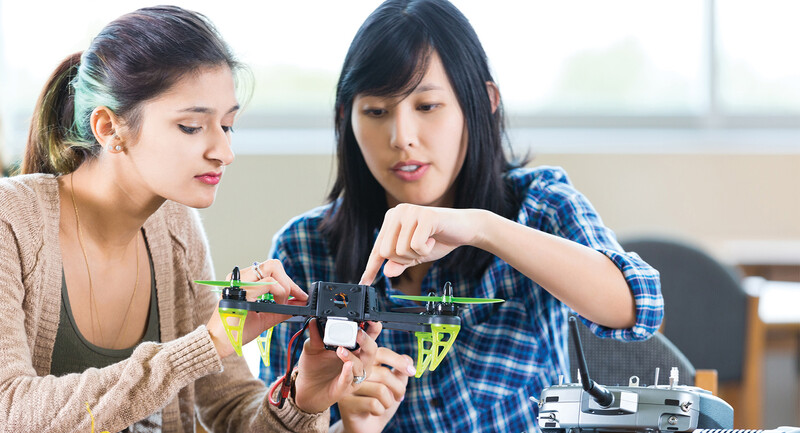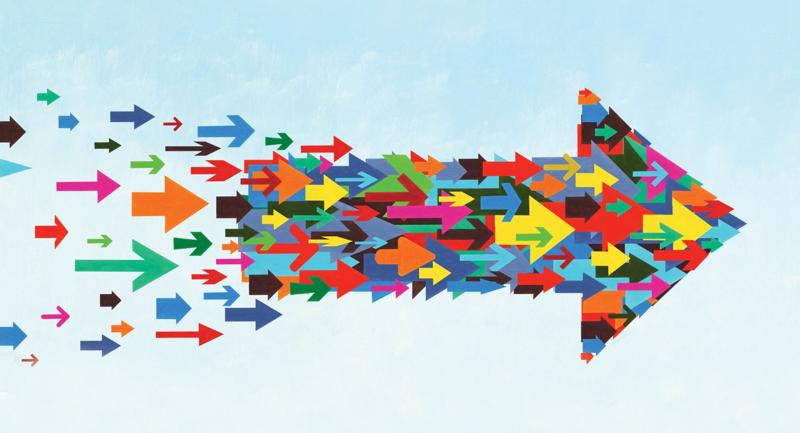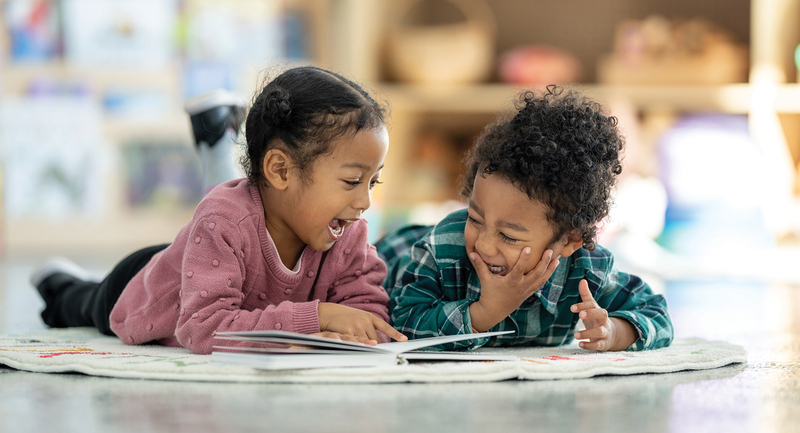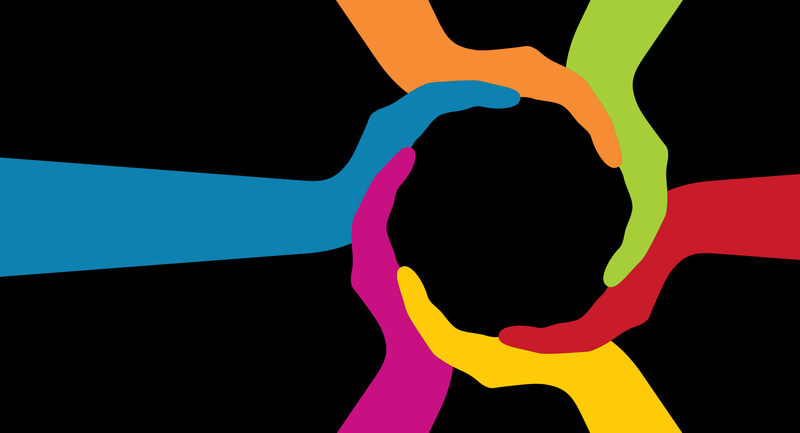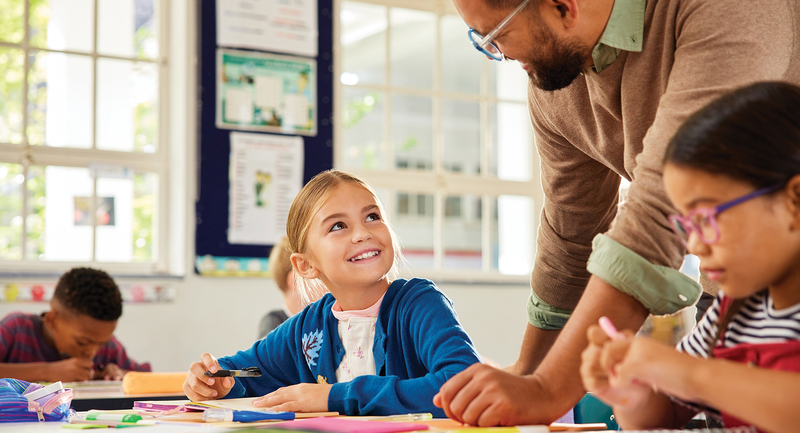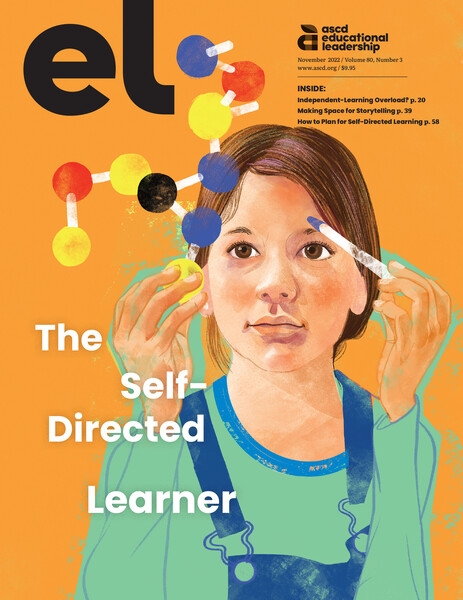Amid efforts to bolster student academic recovery, two studies suggest project-based learning (PBL) could be an effective strategy toward this end. PBL's focus on experience-driven learning—which strengthens collaboration, creativity, and problem solving—makes it a promising alternative to more traditional pedagogies.
The first study, by researchers from the University of Southern California, Penn State University, and Gibson Consulting Group, analyzed the effects of Knowledge in Action (KIA), a PBL approach to Advanced Placement courses. KIA allowed students to participate in problem-solving and collaborative projects instead of more closely adhering to standardized AP curriculum. Researchers tracked student scores (of nearly 3,000 students in five school districts) for both the AP U.S. Government and Politics and AP Environmental Science exams from 2016–17 to 2017–18. They determined that students of KIA teachers outperformed students of teachers who weren't part of KIA by 8 percentage points on 2017 AP exams in both subjects.
The second study, conducted by researchers from the University of Michigan and Michigan State University, surveyed 46 schools and 2,300 3rd graders across Michigan to evaluate the impact of Multiple Literacies in Project-Based Learning (ML-PBL), a statewide PBL framework. Half these schools had implemented the framework, while the other half were controls for the study. Researchers analyzed test scores aligned with Next Generation Science Standards during the 2018–2019 school year and found that students in ML-PBL classrooms scored 8 percentage points higher than their peers in control classrooms. Students in ML-PBL classrooms also more frequently reported engaging in key aspects of social-emotional learning.
These studies cast new light on an instructional strategy that could help learners improve achievement academically while improving their abilities to problem solve and collaborate.

